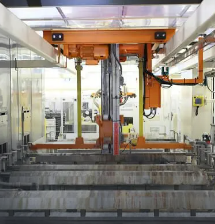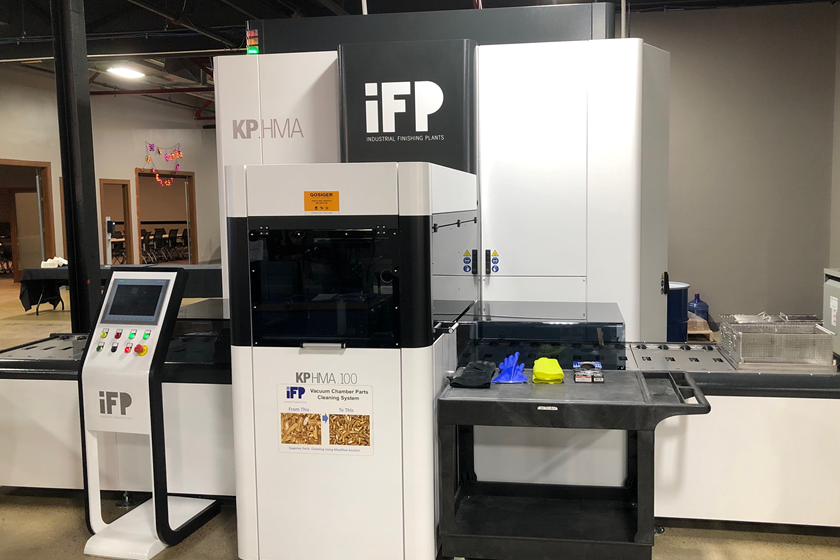Painting Q&A: Formaldehyde-Free Coatings
Benefits of formaldehyde-free coatings.
#pollutioncontrol
Q. What are the benefits of formaldehyde-free coatings?
A. Transitioning to formaldehyde-free finishes improves air quality, produces excellent performance characteristics and easy line drop-in capabilities.
Featured Content
Formaldehyde-free finishes offer two simultaneous air quality advantages for manufacturers: They don’t contain the strong odor of formaldehyde during the finishing process—thus improving the work environment of finishing personnel during finishing and curing—and they also don’t contain the residual formaldehyde odor that often causes complaints from customers during unpacking and installation of wood products.
Whether or not a product meets Business + Institutional Furniture Manufacturers Association standards may also serve as a primary determinant for customers. The use of products like formaldehyde-free finishes enable businesses to accumulate LEED points, which may be an integral piece of for the company’s sustainability goals.
Selecting formaldehyde-free finishes does not mean performance will be compromised. Finishers using these finishes can meet the high performance and appearance expectations of their customers, all while addressing consumer interest in improved indoor air quality. Formaldehyde-free finishes have the overall look, feel and application benefits of finishes that contain the chemical compound, and are subjected to the same performance tests.
Formaldehyde-free finishes work well with standard spray equipment and can be easily assimilated into an existing line without incurring additional equipment costs. Guidance on how to reduce overspray and proper spray techniques helps ensure the proper millage is achieved and will save additional dollars.
According to a report from Cleveland-based consulting firm The Freedonia Group, residential and construction materials that are environmentally friendly will grow 11 percent annually through 2017. Finishers who evaluate the benefits of formaldehyde-free finishes as an alternative are well positioned to capitalize on this growing demand. With all the benefits of formaldehyde-free finishes, it’s difficult not to consider.
Originally published in the September 2015 issue.
RELATED CONTENT
-
Drivers of Change
Is your metal finishing software ready for an upgrade?
-
Preventing Solvent Pop
Preventing solvent pop on an industrial paint line...
-
Masking for Surface Finishing
Masking is employed in most any metal finishing operation where only a specifically defined area of the surface of a part must be exposed to a process. Conversely, masking may be employed on a surface where treatment is either not required or must be avoided. This article covers the many aspects of masking for metal finishing, including applications, methods and the various types of masking employed.


















